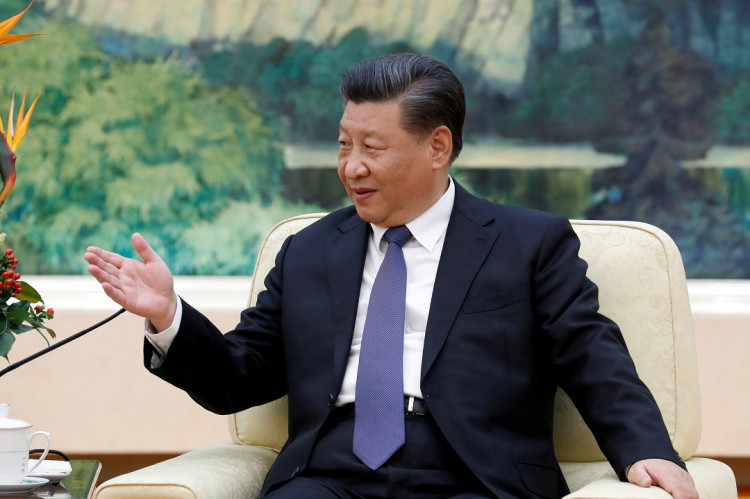In a significant move towards mending strained relations, Chinese President Xi Jinping and Japanese Prime Minister Fumio Kishida have engaged in rare face-to-face talks, emphasizing the pursuit of mutually beneficial relations. Their meeting, which took place on the sidelines of the Asia Pacific Economic Cooperation (APEC) summit in San Francisco, marks a renewed effort by Asia's two largest economies to address contentious issues and bolster economic ties.
During the hour-long discussion, the leaders tackled several sensitive topics, including China's ban on Japanese seafood and the detention of a Japanese businessman in China on espionage charges. These issues have recently heightened tensions between the two nations, historically marred by territorial disputes, trade conflicts, and differing views on Taiwan, a democratic island claimed by Beijing.
President Xi and Prime Minister Kishida agreed to initiate high-level economic dialogues and establish a framework for discussing export controls, reflecting a shared focus on economic interests. Xi emphasized the need to concentrate on common interests and rejuvenate their "strategic relationship of mutual benefit," a phrase echoing a joint statement from 2008 that has seen less frequent use amid escalating rivalries.
The talks also touched upon the ongoing fallout from Japan's decision to release treated water from the Fukushima nuclear plant into the sea, a move that prompted China to impose a seafood ban. Kishida strongly urged Xi to lift this ban and called for the prompt release of the detained Japanese executive, an issue that has significantly impacted trade relations.
In addition to bilateral concerns, the leaders acknowledged the need to adapt to the changing global landscape, particularly in light of recent U.S. export controls on advanced computing chips. These regulations have cast uncertainty over the future of Alibaba's Cloud Intelligence Group, leading to the reversal of its planned full spinoff and IPO.
The backdrop of these talks included the highly anticipated Biden-Xi summit, where the U.S. and China agreed to open a presidential hotline and resume military-to-military communications. Kishida also met with U.S. President Joe Biden, discussing shared challenges concerning China.
Experts like Rumi Aoyama, Director of Waseda Institute of Contemporary Chinese Studies, suggest that China's efforts to strengthen ties with Japan could be an attempt to create a divide between Tokyo and its close ally, Washington, amidst the ongoing U.S.-China confrontation.
These developments come at a critical juncture for both nations, as they navigate complex geopolitical landscapes and seek to maintain stability in the region. The discussions signal a tentative step toward reconciling differences and fostering cooperation, although challenges and historical grievances remain. As Asia's leading powers, China and Japan's ability to find common ground could have significant implications for regional and global dynamics.






